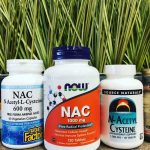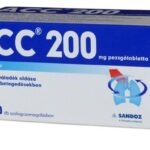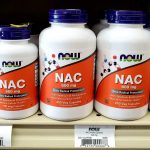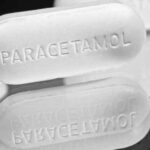How Much NAC Is Safe To Take For COVID-19
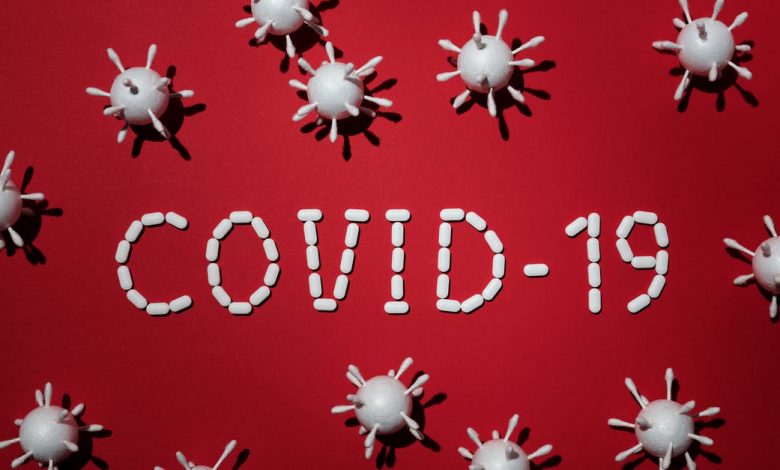
What is NAC?
N-acetylcysteine (NAC) also known as Acetylcysteine is a medication that is used to treat paracetamol (acetaminophen) overdose, and to loosen thick mucus in individuals with chronic bronchopulmonary disorders like pneumonia and bronchitis. NAC was synthesized in 1961 and patented by Mead Johnson in 1965.
NAC is valued primarily for its role in antioxidant production. Along with two other amino acids — glutamine and glycine — NAC is needed to make and replenish glutathione. Glutathione is one of the body’s most important antioxidants, which helps neutralize free radicals that can damage cells and tissues in your body.
It’s essential for immune health and fighting cellular damage. Some researchers believe it may even contribute to longevity. Its antioxidant properties are also important for combatting numerous other ailments caused by oxidative stress, such as heart disease, infertility, and some psychiatric conditions.
N-acetylcysteine (NAC) is available in different dosage forms for different indications:
• Capsules
• Effervescent tablets
• Intravenous injection (Assist, Parvolex, Acetadote) – treatment of paracetamol/acetaminophen overdose
• Nebulized as an inhaled vapor, particularly in the treatment of cystic fibrosis and other acute pulmonary conditions
• Ocular solution – for mucolytic therapy
• Oral solution – various indications
• Solution for inhalation (Assist, Mucomyst, Mucosil) – inhaled for mucolytic therapy
• Tablets – sometimes in a sustained release formula sold as a nutritional supplement
The IV injection and inhalation preparations are, in general, prescription-only, whereas the oral solution and the effervescent tablets are available over the counter in many countries. Acetylcysteine is available as a health supplement in the United States, typically in capsule form.
Is NAC effective against COVID-19?
Studies have shown that N-acetylcysteine (NAC) has the potential to improve therapeutic strategies for COVID-19. NAC administered intravenously, orally, or inhaled, may suppress SARS-CoV-2 replication and may improve outcomes if used timely.
For people with chronic lung conditions, such as bronchitis or cystic fibrosis, some doctors recommend NAC. It is available in an inhalable form that may help reduce excess mucus.
However, clinical trials of NAC as a treatment for lung disease have arrived at mixed results, according to the Memorial Sloan Kettering Cancer Center.
How Much NAC Is Safe To Take For COVID-19?
There is no recommended daily allowance for N-acetylcysteine (NAC) For COVID-19 because your body can produce small amounts of cysteine. For your body to make the amino acid cysteine, you need adequate amounts of folate, vitamin B6, and vitamin B12. These nutrients can be found in beans, lentils, spinach, bananas, salmon, and tuna.
NAC has low bioavailability as an oral supplement, meaning that it’s not well absorbed. The accepted daily supplement recommendation is 600–1,800 mg of NAC. Available data indicate that a twice-daily administration or three times daily administration is commonly recommended by the manufacturers. In a one-year study, 600 mg of NAC twice a day significantly improved lung function and symptoms in those with stable COPD.
What are the possible side effects of NAC?
The side effects of NAC supplementation are usually mild and may include:
• diarrhea
• eye irritation
• fatigue
• nausea
• a skin rash
• vomiting
Very rarely, people have reported more severe side effects, such as low blood pressure, asthma attacks, and unexplained headaches. People taking nitroglycerin in pills, patches, or creams should not take NAC, as the combination could cause extremely low blood pressure and headaches.

